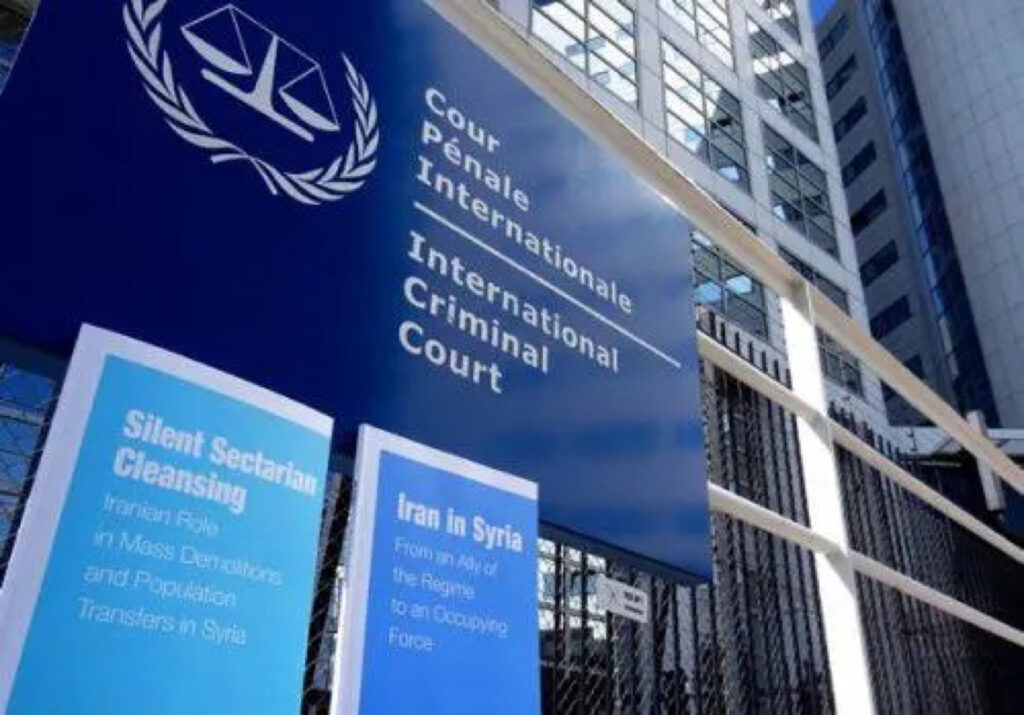More in News
-


Family & Relationship
Tacha of BBNaija Speaks Out On The Challenges Of Womanhood In Nigeria
Former Big Brother Naija contestant Natasha Akide, better known by her stage name as Tacha, has...
-


News
My Son Should’ve Been The President, Not Me’ – Joe Biden
Former US President Joe Biden, sporting a bandage on his head, spoke to Nebraska Democrats on...
-


News
Cornell University To Pay $60 Million To Restore Federal Funding In Trump Deal
Cornell University has reached a settlement with the Trump administration, agreeing to pay $60 million to...
-


News
Tanzania Charges Over 200 With Treason Following Election Protests
Over 200 individuals have been accused of treason in Tanzania after days of protests linked to...
-


News
Suspected Herdsmen K!ll Two Family Members In Plateau Community
Armed assailants, believed to be Fulani militias, have murdered two men in a violent assault carried...



